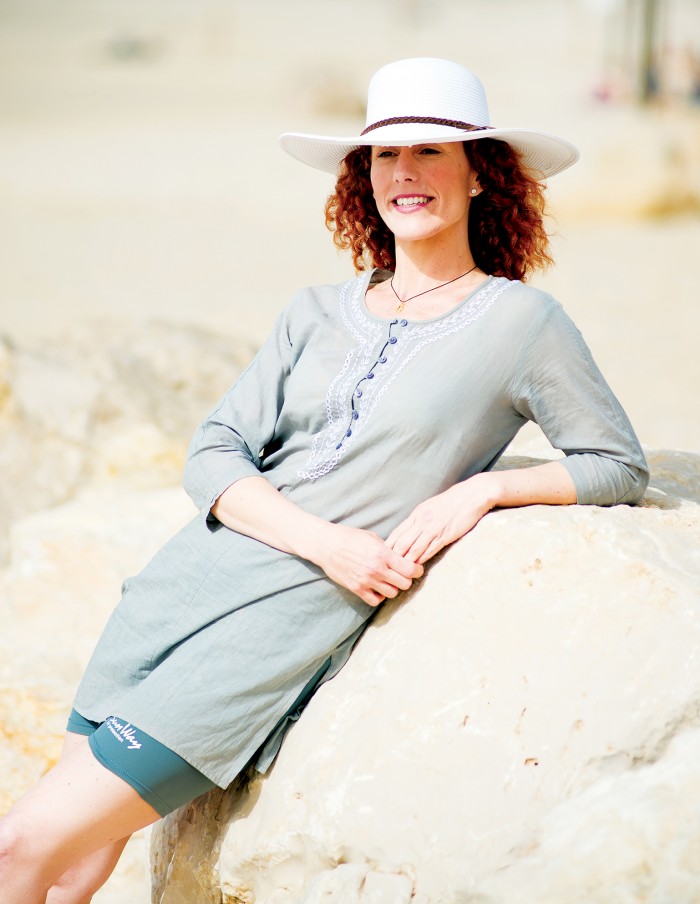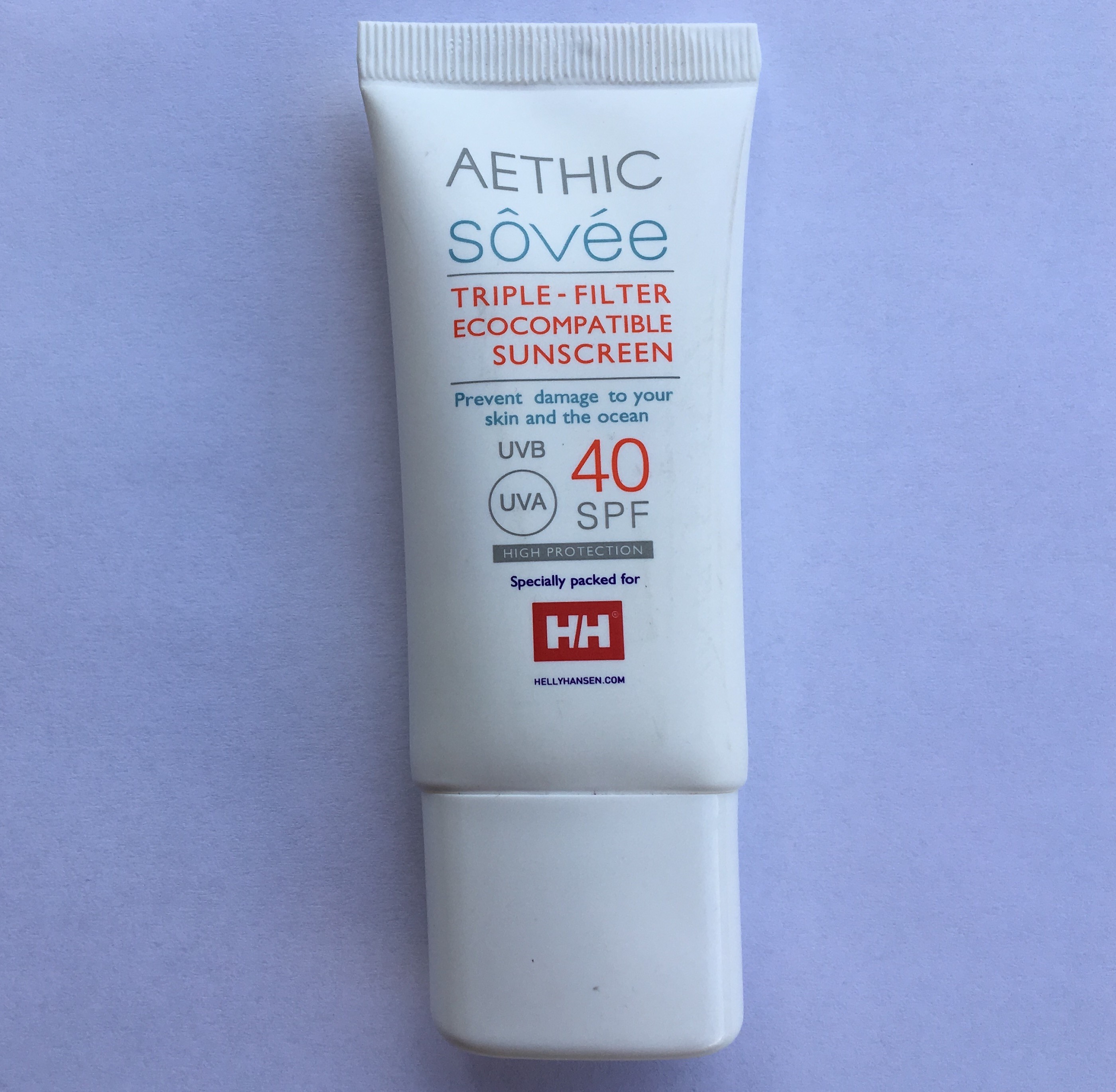
- Sustainable Planet -
- 4mins -
- 686 views
Protect yourself from the sun while also protecting our oceans
Eco-conscious beachgoers may want to take care with their sunscreen this summer, as studies show that many sunscreens pose a threat to the ocean environment.
Applying sunscreen at the beach seems like a sensible idea, right?
Did you know just 20 minutes in the ocean can dilute a quarter of your sunscreen, creating a toxic chemical soup for marine life — and the first victims to suffer are coral.
The problem with sunscreens
Benzophenone, a common ingredient in UV protection, hardens coral in its larval stage and harms micro-algae, the nutrients essential for healthy coral growth. Worryingly, the growth of phytoplankton at the very bottom of the marine food chain is also adversely affected by certain UV filters.
Concerned Hawaii recently passed an unprecedented law to protect its seabed by banning sunscreens containing the chemicals oxybenzone and octinoxate, known to be the chemical culprits of the damage, and several Mexican preserves require visitors to use biodegradable sunscreens.
A study in 2015, published in the journal Archives of Environmental Contamination and Toxicology, found the chemicals have a range of effects on coral, including mortality in developing coral, bleaching of coral and genetic damage to coral and other organisms.
It also found both chemicals can induce feminisation in adult male fish and increase reproductive diseases in creatures from sea urchins to parrotfish and mammal species similar to the Hawaiian monk seal. The chemicals can also induce neurological behavioural changes in fish and have possible impact on the many endangered species found in Hawaii’s waters, including sea turtles.
But don’t worry, there are many ways to protect yourself and your family from the sun’s rays without resorting to harsh chemicals.
For instance, a fantastic alternative like Aethic and is just one example of coral-friendly sunscreens available today. Extensive research and testing has enabled these manufacturers to find alternative ingredients that still offer great UV protection, while posing no threat to marine ecosystems.
Feel cool and look cool in your clothes. Another great alternative is to wear UV protective beach clothing like the SunWay UV Clothing range — scientifically designed with sun protection in mind, without compromising the supercool beach aesthetic. Bright, cool, fun clothing for the whole family that will keep you safe and comfortable on those long summer days in the sunshine.
SunWay is dedicated to promoting sun safety without compromising your lifestyle and individual fashion sensibilities. Recommended by experienced physicians, SunWay’s UV swimsuits, clothing and hats are stringently tested and rated UPF50+.
Wearing long-sleeved shirts made from light, breathable organic cotton or hemp is always a cool option, and consider wearing longer shorts, such as board shorts, rather than high-cut ones. Long skirts and lightweight maxi dresses can offer cool sun protection for women and girls.

Stay safe in the sun and know that you’re protecting our oceans as well
Take a break. Of course the best way to protect yourself from overdoing it in the sunshine is to avoid exposure to it during the hottest, most intense part of the day.
This can vary from place to place, but taking a break from direct sunlight between the hours of 2pm and 4.30pm is a surefire way to avoid overexposure to harmful rays — and there’s plenty for you to do: take a leisurely nap in a hammock, a spot of light lunch in a beachfront restaurant, a gentle stroll in a shady park, the options are limited only by your imagination.
Consider a hat. Wide-brimmed hats cast shade over the entire upper-body. Since areas like the forehead, nose, neck and shoulders are some of the most likely to burn from sun exposure, this makes these hats a great idea.
Don’t forget your shades! Too much sun can cause vision problems in children, and can speed up the development of cataracts in adults. Sunglasses are essential for every member of the family.
Actually, the sun itself can actually help protect you from the damaging effects of sunlight. Our skin is designed to naturally release large quantities of vitamin D when exposed to UVB rays from sunlight. Vitamin D has been shown to help protect skin from cellular damage. That includes cellular damage from the sun itself!
The trick is to not over-expose skin to direct sunlight. Just 15 minutes of exposure is all one needs to boost vitamin D production. We possess melanin for good reason. These pigments rise to the surface of our skin to create tans when we are exposed to UV. They form a naturally sun-protective barrier to help protect us.
Sunlight doesn’t have to be our enemy. Using natural methods, it’s possible to protect ourselves from too much UV in healthy ways, and enjoy the sun’s benefits at the same time!
Stay safe in the sun and know that you’re protecting our oceans as well.
Source: GreenMatters

